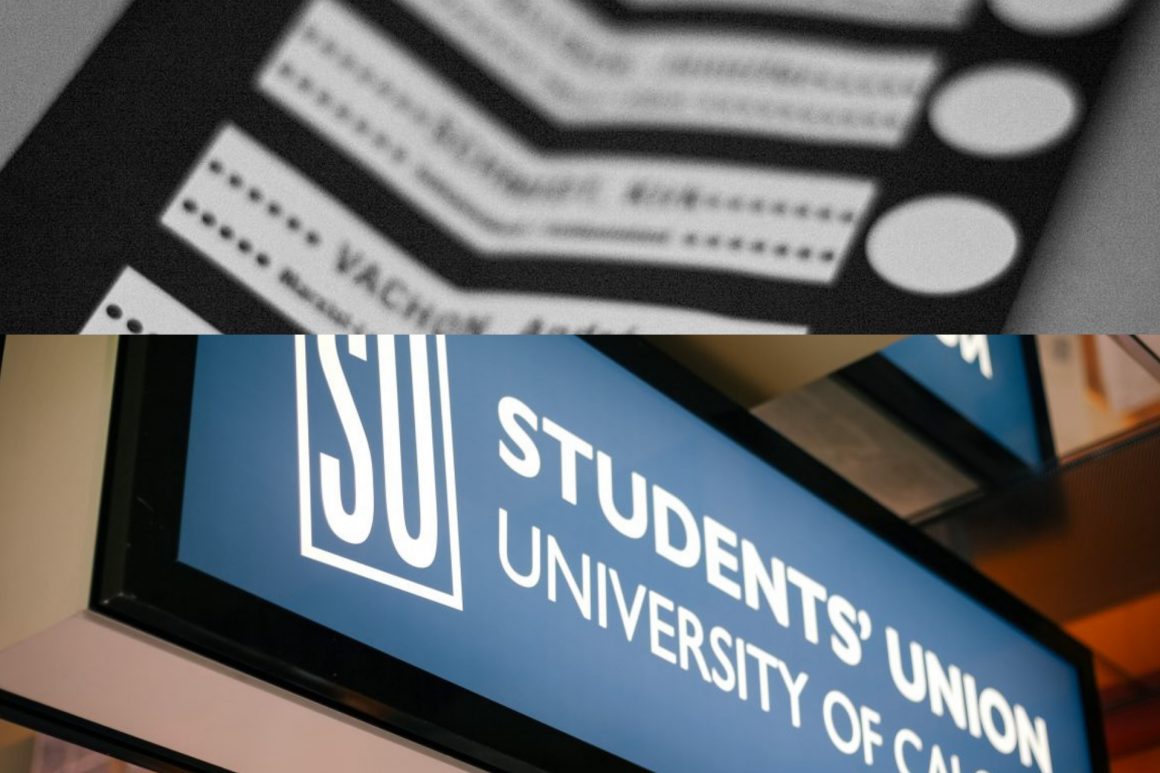
Mobilization of student vote vital for student issue lobbying efforts
By Derek Baker, November 6 2018 —
There are two forms of political currency to spend when exerting influence over what issues are addressed by parties and politicians.
Campaign donations and your vote.
The former has been rightfully tarred as “dark money,” allowing private interests to distort the democratic policy-making process. Consequently, at the federal level, corporations, unions and other entities can only donate modest amounts to individual candidates and not to parties as a whole. Direct donations to political parties from unions and corporations were also banned in Alberta in 2015.
Beyond specific legal restrictions to campaign financing, providing political donations is also inappropriate from certain advocacy groups, like students’ associations.
As campaign donations become more restricted and regulated — and in instances where it’s not feasible for a lobbying effort to provide political donations — your vote is what really matters.
Formal high-level advocacy for student issues at the University of Calgary is pursued by the Students’ Union. The SU lobbies both individually as its own organization and through its membership in larger collective associations, such as the Canadian Alliance of Student Associations (CASA) at the federal level and the Council of Alberta University Students (CAUS) at the provincial level. The newly created Calgary Student Alliance (CSA) now tackles the municipal level.
A factor often touted by these advocacy groups during lobbying efforts is the number of students they represent. For example, in joining the CSA, the group now comprises 90,000 students across the city — a sizable number that can be leveraged when lobbying on municipal issues.
But this number is ultimately meaningless if students don’t vote.
It’d be foolish to think that the student vote is a unified bloc that votes in a united effort on an issue or for a certain set of candidates. Though ‘student’ forms a large part of our current identity, ‘student issues’ are not the only thing we are dealing with. This line of thinking also ignores the diverse set of political ideologies that make up the student population on campus.
But in order for high-level advocacy and lobbying efforts for student issues to receive a semblance of recognition from a party or government, it needs to have the backing that it could result in tangible electoral consequences.
Provincially, amendments to the Post-Secondary Learning Act that will cap tuition hikes to the Consumer Price Index are a great first step in providing more affordable education. However, the regulations would come into effect in 2020, long after this May’s upcoming provincial election. If we want these regulations to stay in place by then, regardless of which party is elected into government, provincial lobbying efforts by the SU and groups like CAUS must be backed up by the student vote.
Historically in Alberta, voter turnout of young adults in federal elections has been lower than both the provincial average and national average as a whole. In 2015, 59.5 per cent of Albertans aged 18–24 voted, which isn’t too bad. But look back to the 2011 federal election and you’ll find an abysmal 33.7 per cent voter turnout for this age bracket. If these numbers are indicative of an overall trend of voting habits of young adults, it doesn’t bode well when advocating to any level of government.
Which candidate or party you vote for is ultimately your choice. Abstaining from voting ‘out of protest’ is a vastly senseless concept that does not result in change. With provincial and federal elections in 2019, guaranteeing a high student voter turnout will be vital for student issues to become election issues. Do the organizations that lobby on our behalf a favour by making sure you get your ballot in.
